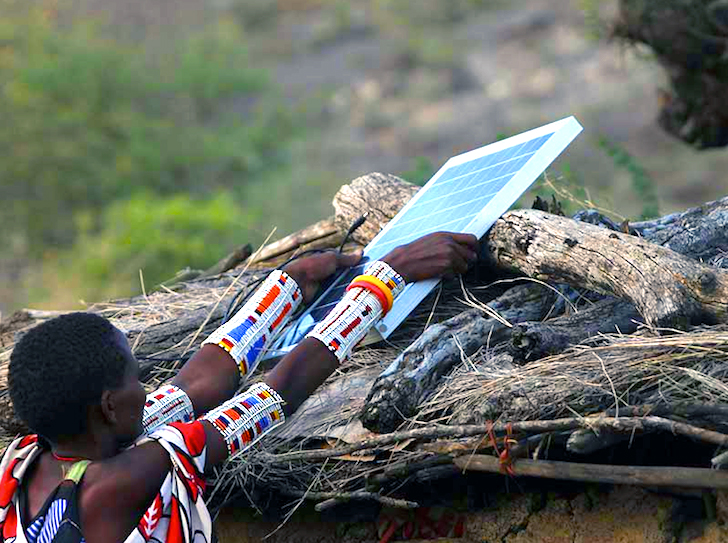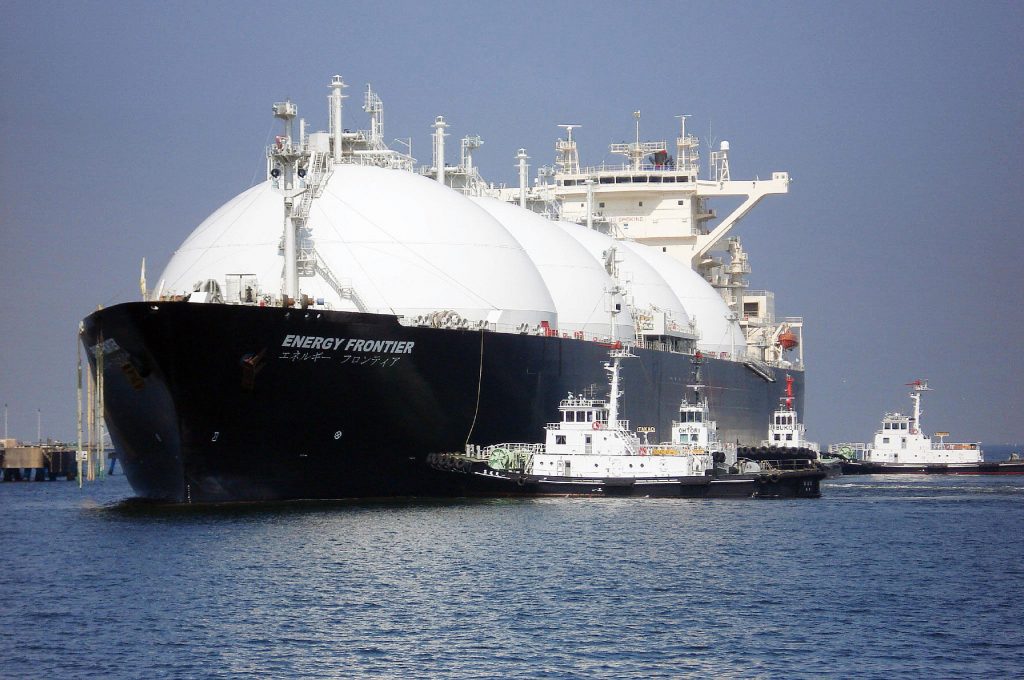
As crucial U.N. climate change negotiations get underway in Glasgow Sunday, seeking steep global emissions cuts to protect people and nature, many African nations – relatively tiny contributors to the problem – find themselves in an unusual position.
Sub-Saharan Africa has the world’s lowest energy access rates and about 600 million people – half the population – still lacks access to electricity, according to the International Energy Agency.
What the fast-growing continent needs is clean, renewable energy to power its development, experts say – but with money short to fund green power and big deposits of fossil fuels still available, some Africans question why they should switch.
“As we prepare for COP26 … Africans must stand strong and protect their energy industry like a junkyard dog in the face of a hurricane,” said N.J. Ayuk, executive chairman of the African Energy Chamber, in a webinar last week.
As the UK hosts of the U.N. climate talks push to end the use of coal globally for power, African nations are tapping new oil fields and approving new pipelines – and coal giants like South Africa are finding backing away from an old staple challenging.
UNDER COAL PRESSURE
Swiftly ending the use of coal for power is seen as crucial to meeting an international goal to cap global warming at well below 2 degrees Celsius above preindustrial times, to avoid worsening climate threats such as harsher floods, wildfires and droughts.
South Africa, the 12th largest global contributor to climate-changing emissions, relies heavily the fuel – the most polluting of fossil fuels – and is under increasing pressure from rich nations to shift to clean energy.
Coal-fuelled plants supplied nearly 90% of South Africa’s electricity last year and the industry directly employs more than 400,000 people.
“Do we want to have that energy revolution? Of course we do. But it has to be managed,” said Sizwe Pamla, a spokesperson for South Africa’s COSATU trade union federation.
“Is it sensible to replace coal if we have an abundance of it?”
While South Africa is seen by some climate analysts as a test case for whether developing nations can cut emissions while also benefitting people – achieving a so-called “just transition” – some African experts say this should not be the continent’s top priority.
“We know that over 600 million people have no access to energy, and that we need to reduce emissions,” said Rolake Akinkugbe-Filani, a member of the African Energy Chamber’s advisory board.
“Addressing poverty should be the top of Africa’s agenda.”
According to the chamber, sub-Saharan Africa is responsible for just 2% of global CO2 emissions – but the impacts of accelerating global warming are being strongly felt in failed harvests, destructive cyclones and water shortages that imperil hydropower.
The Indian Ocean island nation of Madagascar, for example, is witnessing one of the first climate-driven famines due to a lack of rain, resulting in crop failures and leaving more than one million people in need of food aid.
In East Africa, Kenya, Somalia and Ethiopia are increasingly facing extreme weather that is driving deaths, displacement and other serious losses.
The region also suffered an unprecedented locust invasion linked to climate change last year.
LACK OF FINANCE
Coal is not the only fossil fuel under growing scrutiny in Africa.
Across the continent, environmental groups are campaigning to stop new oil and gas projects, which they say will cause environmental destruction and displace communities as well as push up emissions.
Uganda and Tanzania in April signed a deal with oil firms including France’s Total and China National Offshore Oil Corporation to build a $3.5 billion crude pipeline to help ship oil to international markets.
Campaigners estimate the project will generate over 34 million tonnes of carbon pollution annually – more than the total combined amount generated by Uganda and Tanzania today.
Across Africa, each country’s socio-economic situation, current dependency on fossil fuels and energy needs will determine the pace and paths taken in the global energy transition, energy experts say.
“A rapid transition away from fossil fuels is not relevant for all African countries as there are very pressing energy development priorities that need to be addressed,” said Landry Ninteretse, regional director for environmental group 350Africa.org.
Many countries’ commitments to adopting clean energy depend on finance being made available by richer nations, which have promised to raise $100 billion a year from 2020 to help poorer nations develop cleanly and adapt to climate impacts.
But wealthy countries conceded last Monday that the goal will not be reached until 2023, three years behind schedule, which campaigners warned could thwart progress at the COP26 talks.
“You can’t come and tell small countries which are insignificant emitters like Burundi, Togo and Benin to cut all their emissions at the same pace as the richer world,” especially without finance, Ninteretse said.
Energy experts say a global move away from fossil fuels to prevent deadly climate change impacts is inevitable, but how it is done – and who benefits – will be key.
“We won’t allow (government) to blindly walk into this commitment” to move away from coal, said Pamla of South Africa’s COSATU trade union federation, noting livelihoods of coal-dependent communities needed to be protected.
To make the transition happen quickly, will take “real funding, not just a commitment to funding” Pamla said.

